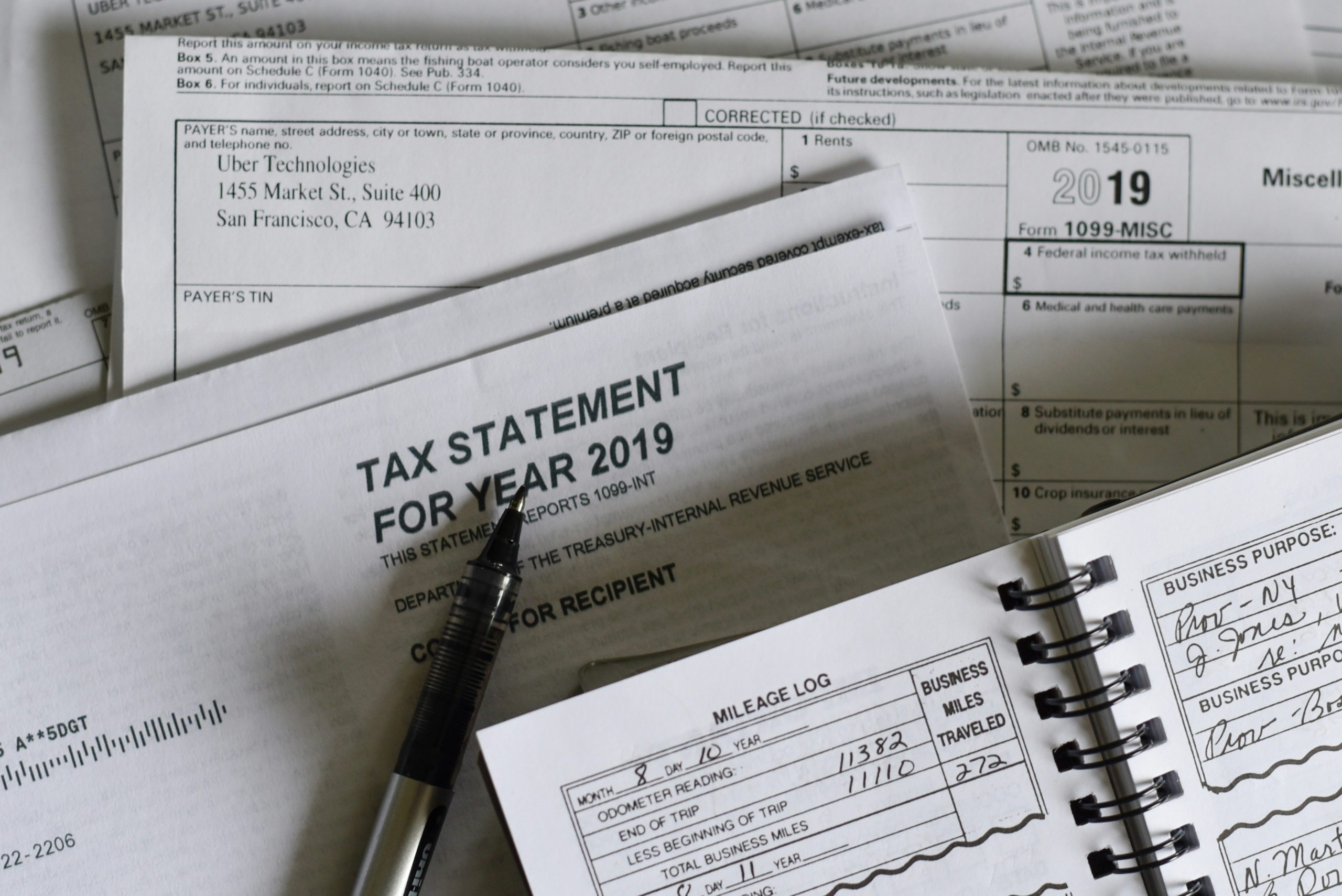Discover essential tax guidelines for overseas Pakistanis, including residency status, tax exemptions, bank deposit rules, property tax updates, and benefits of the Roshan Digital Account (RDA). Stay compliant and maximize your financial advantages in Pakistan! Understanding the fundamentals of Pakistani tax regulations begins with the distinction between resident and non-resident individuals for tax purposes.
Residency Status
For overseas Pakistanis, tax obligations in Pakistan primarily depend on their residency status, which is determined by the number of days spent in the country.
Resident Individual: A person is considered a tax resident if they are present in Pakistan for 183 days or more in a tax year. This includes:
- Government employees posted abroad.
- Citizens who are not present in any other country for more than 183 days in a tax year.
Non-Resident Individual: If a person does not meet the above criteria, they are classified as a non-resident.
The key difference in taxation is that residents are taxed on their worldwide income, whereas non-residents are only taxed on Pakistan-source income.
Taxpayers Leaving Pakistan
Section 145 of the Income Tax Ordinance requires residents leaving Pakistan to inform the FBR Commissioner 15 days before departure. FBR is actively targeting non-filers and filers alike, while notices are being sent via mobile, email, and even calls. Ignoring notices can lead to:
- Disconnection of bank accounts and utilities along with SIM card.
- Automatic recovery of tax dues from your bank account.
- Difficulty accessing bank accounts if a recovery order exists.
Pakistan-Source Income for Non-Residents
Overseas Pakistanis are taxed on income that originates in Pakistan, which includes:
- Rental income from properties in Pakistan.
- Business profits from operations within the country.
- Dividends received from Pakistani companies.
- Capital gains from investments in Pakistan.
- Business income linked to a permanent establishment in Pakistan.
The definition of a permanent establishment is broad, covering:
- Physical office locations.
- Construction sites exceeding 90 days.
- Services rendered through employees or dependent agents.
Even if a business is operated from abroad, activities within Pakistan could create a tax obligation.
Tax Exemptions for Overseas Pakistanis
To facilitate overseas Pakistanis, the Pakistani tax system provides several exemptions:
- Foreign-source salary is eligible for a tax credit if tax has already been paid in the foreign country.
- Foreign-source income exemption for non-citizen residents who are in Pakistan only for employment (up to three years).
- Returning expatriate exemption: Foreign-source income is tax-free for the first two years after returning to Pakistan (if non-resident for the previous four years).
- Remittances exemption: Funds sent to Pakistan through official banking channels are exempt from income tax.
Tax Exemption on Bank Deposits
The Income Tax Ordinance, 2001, offers potential exemptions from tax on profits earned from bank deposits in Pakistan for non-resident Pakistanis. These exemptions are detailed in Clause 78 and 79 of the Second Schedule of the Ordinance.
- Clause 78: Provides exemption on profits derived from foreign currency accounts held with authorized banks in Pakistan or through certificates of investment issued by investment banks operating under the State Bank of Pakistan’s Foreign Currency Accounts Scheme. This exemption applies to non-resident individuals, associations of persons, and companies.
- Clause 79: Focuses on rupee accounts held with scheduled banks in Pakistan. It grants exemption on profits specifically for non-resident individuals holding a Pakistan Origin Card (POC), a National ID Card for Overseas Pakistanis (NICOP), or a Computerized National Identity Card (CNIC). A crucial condition is that the funds deposited into these rupee accounts must originate exclusively from foreign exchange remitted from abroad.
Claiming the Bank Deposit Exemption
While these exemptions exist, banks in Pakistan may initially deduct tax at source (TDS) on deposit profits. To claim the exemption, non-resident Pakistanis need to follow a formal application process:
- Online Application: File an application online through the FBR’s IRIS portal, typically under section 159 for the relevant tax year.
- Documentary Evidence: The application must be supported by documents proving your non-resident status and the foreign remittances made to your account. This usually includes:
- A copy of your NICOP, POC, or CNIC (as applicable).
- Proof of foreign currency deposit or remittance (bank statements, remittance slips, etc.).
- Details of the bank accounts for which you are claiming the profit exemption.
- Commissioner Approval and Exemption Certificate: The tax authorities will review your application. Upon approval by the Commissioner, you will receive an official exemption certificate.
- Submitting Certificate to Bank: Present this exemption certificate to the relevant branch of your bank.
- Exemption Validity and Renewal: The exemption certificate is usually valid for a specific period (e.g., six months to a year). You will need to re-apply for renewal once it expires to continue enjoying the tax exemption.
Important Considerations for Bank Deposits
- Proof of Non-Resident Status is Key: Successfully claiming these exemptions relies heavily on your ability to prove your non-resident status to the satisfaction of the FBR.
- Tax Deduction for Non-Exempt Income: If you do not meet the exemption criteria or fail to follow the application process, your bank will deduct tax at source as per Section 151 and 7B of the ITO 2001.
- Tax Rates: While these rates primarily apply to residents, understanding that the standard tax rate on profit from debt for resident tax filers is 15% and significantly higher for non-filers highlights the financial benefit of securing the non-resident exemption.
Property Tax Exemptions for Overseas Pakistanis
Recent FBR updates have introduced tax reliefs for overseas Pakistanis:
- Property transaction tax exemption: Holders of POC or NICOP are exempt from higher tax rates under Sections 236C and 236K. Non-residents enjoy active taxpayer rates while purchasing or selling properties in Pakistan. While local Pakistanis generally face 15% Capital Gains Tax on property profits, overseas Pakistanis can potentially achieve a 0% rate.
- Simplified online verification process: Applicants upload their POC/NICOP details on the FBR IRIS portal, receive a provisional PSID, and undergo two-stage verification. Initially, the Chief Commissioners of Inland Revenue review the applications, followed by final approval from the Commissioners of Inland Revenue.
Once approved, applicants receive notifications via SMS and email, making the process seamless and transparent.
Benefits of Active Taxpayer Status (ATL)
While non-residents are generally not required to file tax returns, registering on the Active Taxpayer List (ATL) has multiple financial advantages:
- Lower withholding tax on bank profits�(if exemption is not taken) and exemption from tax on cash withdrawalsin Pakistan.
- Reduced tax rates on vehicle registration.
- Lowercapital gains tax on stock market investments.
- Tax relief on dividend income and prize bond winnings.
- Tax refunds for any excess tax deducted.
Roshan Digital Account (RDA) Taxation
The Roshan Digital Account (RDA), launched by the State Bank of Pakistan, offers tax benefits to Non-Resident Pakistanis (NRPs):
- Full tax exemption on RDA profits (no withholding tax).
- No tax filing requirement for RDA banking transactions.
- Fixed 10% final tax on Naya Pakistan Certificates (NPCs).
- 15% final tax on capital gains from shares and mutual funds.
- 1% final tax on property purchase and sale via RDA.
- No ATL requirement for RDA investments.
These benefits make RDA a hassle-free investment option for overseas Pakistanis.
Key Steps for Overseas Pakistanis to Ensure Tax Compliance
To avoid unnecessary tax complications, overseas Pakistanis should:
- Confirm their residency status with the FBR.
- Identify taxable Pakistan-source income.
- Obtain an NTN (National Tax Number) if required.
- Maintain Active Taxpayer Status (ATL) for tax benefits.
- Utilize Roshan Digital Accounts (RDA) for tax-efficient investments.
- Stay updated on FBR regulations regarding property and banking transactions.
- Understand double taxation treaties to avoid being taxed twice on the same income.
- Ensure you receive the PRC immediately after each remittance transaction.
- Annually, collect the SPRC from bank to maintain a complete record of all transactions.
Challenges Faced by Overseas Pakistanis in Tax Compliance
Despite these exemptions, overseas Pakistanis face several challenges:
- Complexity of tax filing: The IRIS portal and tax laws can be difficult to navigate.
- Delays in obtaining tax exemptions: Approvals for bank deposit exemptions and ATL registration can take time.
- Lack of awareness: Many non-residents miss out on tax benefits due to lack of information.
To address these challenges, overseas Pakistanis should seek professional tax advisory services to ensure compliance and maximize tax savings.
Conclusion
Pakistan’s tax framework offers several incentives and exemptions for overseas Pakistanis, but understanding and navigating the system is crucial. By leveraging bank deposit exemptions, property tax reliefs, ATL benefits, and Roshan Digital Accounts, overseas Pakistanis can optimize their tax liabilities and make informed financial decisions while complying with the law.
For expert guidance, consulting a professional tax advisor can simplify compliance and enhance financial efficiency.





Kindly Provide FBR order or notification regarding this exemption thanks. You can please email me that notification. It is so important for me. Thanks
Link for the official document is updated in the article.
https://download1.fbr.gov.pk/Docs/202412616124226533Withholding-Taxes-Challan.pdf
AoA. In case if decision regarding exemption to non resident is not made timely by FBR, the non Resident will have to wait for FBR decision or he can make payment against provisional PSID.
AOA upon aproval another PSID will be created? or payment will be made on provincial PSID? please guide me.
Same one which is approved for lower rate will be paid.
AoA.can tax by non resident pakistani be paid in bank without approval of Chief Commissioner FBR. In case if FBR delays approval of provisional PSID of non resident,then what will happen?
Salam, i have RDA account and Nicop. Do i have to be a tax filer as some lands have to be transferred from my mother to me.
Tax rates for transfer of property is same for filer and overseas , so just for this reason no need.
AoA. Kindly guide in case if FBR delays approval against provisional PSID of non resident pakistani, then applicant will proceed to make payment or will wait for FBR decision.